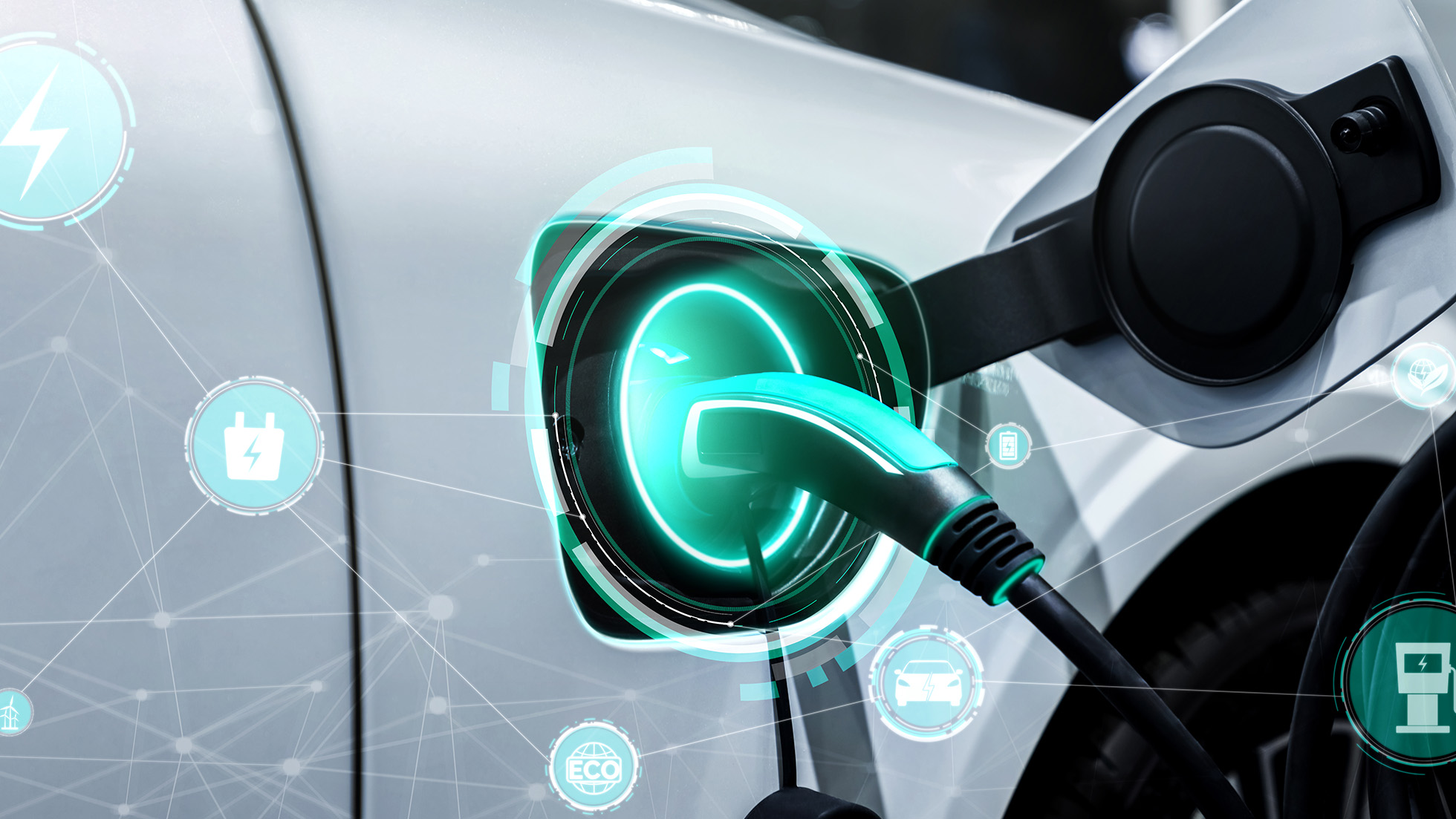Blymyer Engineers is seeing a surge in demand for design services related to electric vehicle (EV) charging stations. The Blymyer team has designed close to 400 charging stations / 2,500 EV charging stalls to date—ranging from site with 10-15 supercharger stalls to fleet charging sites. We have designed EV charging stations across North America, with most stations located in the Western United States.
Keeping the renewable energy momentum going
Blymyer provides design and engineering services to EV charging for the automotive industry, such as EVGo, Tesla, Rivian and BP Plus, as well as fleet charging stations. One of the Blymyer’s recent projects was the design and installation of 104 charging stalls and three 1.2Mwh Tesla megapacks for PepsiCo’s Chicago-based fleet. This required a larger and time-consuming effort to make sure all of the equipment would fit on the site and ensure a cost-effective final design. A lot more equipment needs to be coordinated between the various parties, including the site owner, engineers, and utility.
“EV is clearly where the automotive industry is headed, but its long-term success will depend on the availability of charging stations” says Blymyer Director of Commercial and EV Operations Stas Gorbis. “We’re excited to be using our design and engineering expertise to move the initiative forward.”
End-to-end services and complete follow-through
Blymyer is integrally involved in every phase of the process, including electrical and structural engineering, conceptual and detailed design, site selection, permitting, and equipment selection. While every EV charging project is customized to the needs of the client, the scope typically includes the following steps:
- Kickoff meeting—The project begins with a kickoff meeting with the client’s engineers and product managers.
- Concept design—Blymyer then develops a concept design (in compliance with ADA requirements) and sends it to the utility company providing electricity to the charging site.
- Site walk—A site walk is conducted to review points of connection and other logistical details.
- Client and utility meetings—Various follow-up meetings are held with the client and utility company to assess utility requirements, timelines, etc.
- Design—Blymyer develops a design and submit to Issue for Permit (IFP) and to the Authority Having Jurisdiction (AHJ), usually the city or municipality where the stations will be located.
- Permitting—Once approvals are secured construction begins.
- Construction support—Blymyer provides supports throughout the construction phase and sees the project through to completion.
The Blymyer Difference
“Successful execution of multifaceted projects like these requires teamwork, ongoing communication, and follow through,” explains Gorbis. “At Blymyer, we pride ourselves on attention to detail and responsiveness—it’s what inspires confidence with clients. When we commit to a deadline, we stick to it. Companies like EVGo come to us for our design and engineering expertise. They come back because they know we deliver.”
